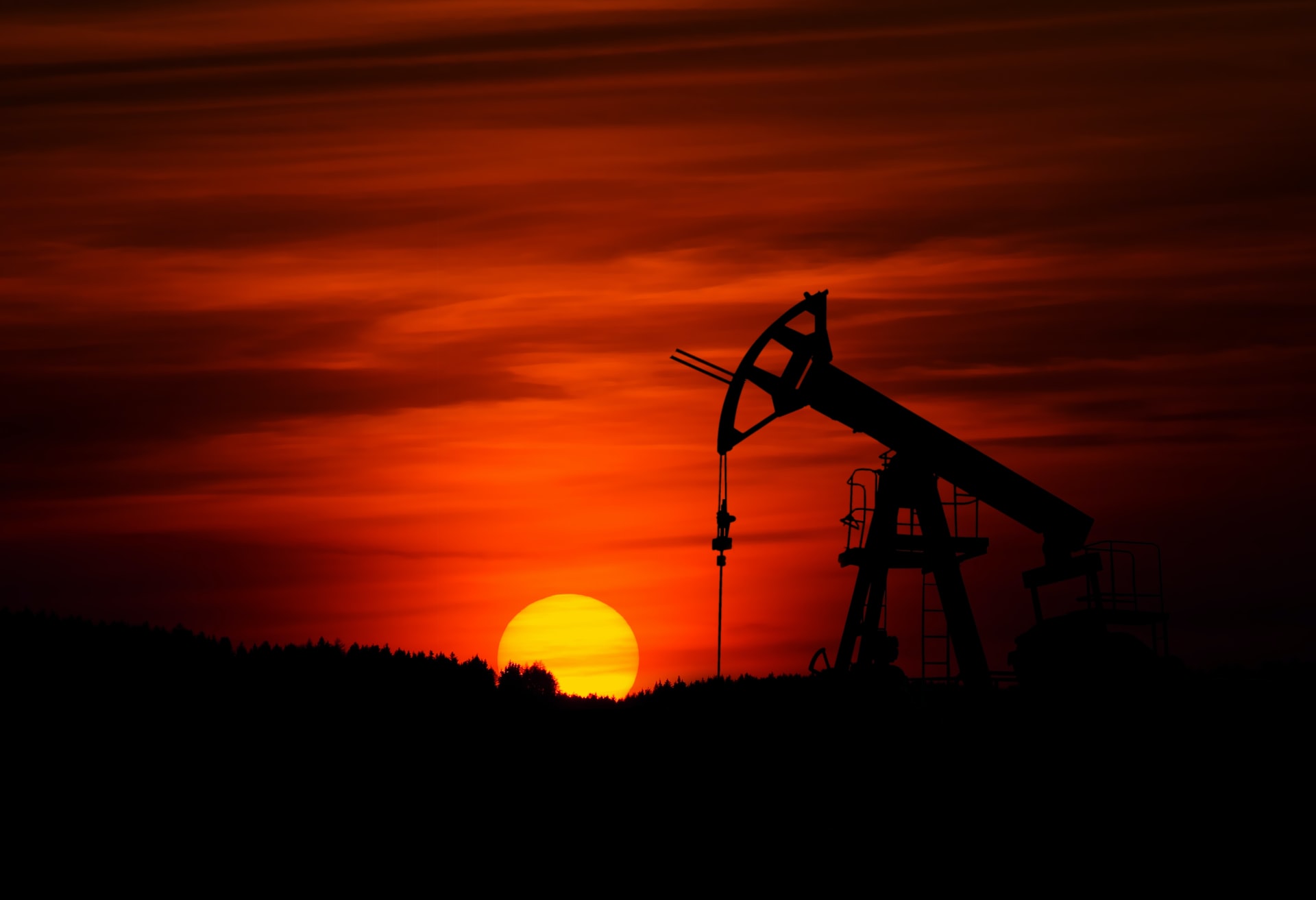Natural Gas and Oil May Increase Further

Skyrocketing natural gas and oil prices pushed the profits of Shell PLC in the last quarter of 2021, pushing its adjusted earnings from $393 million to $6.39 billion, CEO Ben van Beurden and CFO Jessica Uhl reported on Thursday, 17th February.
The largest energy company in Europe also revealed that it would accelerate its shareholder’s returns by buying back $8.5 billion in shares by the end of the first half of 2022. The investment plan reveals its pursuit to increase the buyback volume it sets aside every financial year.
But what is driving their oil prices?
Shell Gives Some Insight Into the Future
Shell hinted that it would increase its shareholder’s dividends by 4% to 25 cents per share for the first quarter of 2022. This goes to show that the firm will increase shareholder value through the distribution of more of its cashflows.
The Demand for Natural Gas and Oil Grew
CEO van Beurden explained that the global sphere, particularly the Asia-Pacific region, has experienced a significant boom in demand for natural gas and oil supplies, with a 12 % increase in China. It is likely that this demand will remain over the near future due to the need to conduct more production and economic activity.
LNG and Natural Gas is More Sustainable
Emerging markets require sustainable energy. It not only needs clean energy, it requires cost-effective energy to meet the needs of those who reside in these emerging countries. While economic activity while drive the demand, political leaders in more countries will try to balance real raw needs with more lofty goals to ensure cleanliness in the environment.
Critically, the appreciating demand for LNG is firmly attributed to the tail end of the COVID-19 pandemic and the global drive for decarbonization. Similarly, van Beurden considered the increasing demands for residential and industrial heating to cause the increase in the global LNG demand.
Shell’s administration demystified that it was encountering a few constraints despite the increasing demands for LNG. For instance, van Beurden revealed that the industry still experiences a struggle for supply to align with demand, with a sluggish demand recovery in the pandemic era.
Shell took steps to overcome its supply challenges in the third quarter of 2021 by capturing and optimizing unique opportunities attributed to its LNG business portfolio’s large scale and scope. Similarly, Europe’s largest LNG company experienced a burn in its hedging strategy, limiting its exposure to the spot gas economy.
